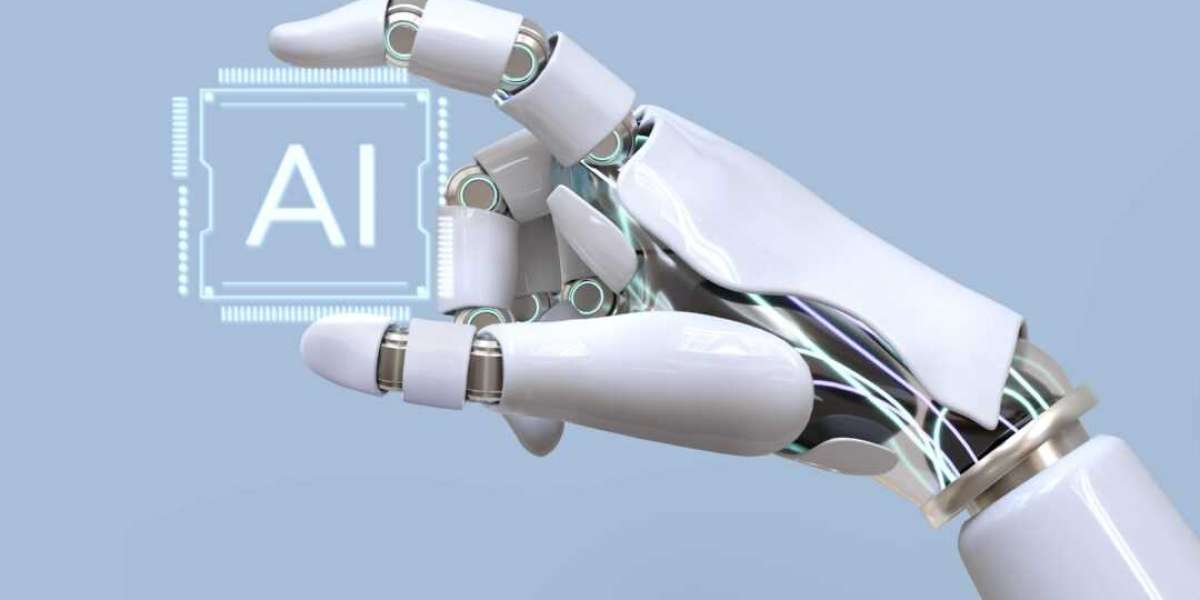Artificial Intelligence (AI) is one of the most transformative forces of our time. It’s shaping industries, redefining customer experiences, and driving innovation across nearly every sector. But to truly grasp its potential, it’s essential to explore What Are the Four Types of Artificial Intelligence?—a framework that outlines how AI develops and functions at different levels.
Whether you're a business leader looking to adopt AI, an educator integrating it into learning, or a developer building smart applications, understanding these types helps you make strategic and forward-thinking decisions.
1. Reactive Machines: The Simplest Form of AI
Reactive machines represent the earliest form of AI. These systems don’t learn from experience or retain memory. Instead, they react to inputs with pre-programmed responses.
Examples include:
IBM’s Deep Blue, which beat the chess world champion
Basic customer service bots that follow scripted responses
Traits:
No learning or memory
Operate only in the present
Highly predictable and task-focused
They’re efficient for repetitive, rule-based tasks but cannot adapt to changing conditions.
2. Limited Memory: AI That Learns from Data
Limited memory AI takes a step further by using data from the past to make informed decisions in the present. This type is widely used in current technologies like self-driving cars, voice assistants, and recommendation engines.
Applications:
Autonomous vehicles processing road data in real-time
E-commerce platforms suggesting products based on past behavior
Fraud detection systems in banking
Features:
Short-term memory capability
Learns from historical patterns
Real-time adaptability
This is the most common form of AI in use today—dynamic, responsive, and intelligent to a degree.
3. Theory of Mind: AI That Understands Emotions
Theory of Mind AI aims to understand human emotions, beliefs, and social interactions. Though still in development, it represents a significant leap toward human-like AI.
Imagined Use Cases:
Robots offering emotional support to elderly individuals
AI tutors adapting to students’ stress or enthusiasm
Customer service bots that detect tone and sentiment
Challenges:
Requires nuanced understanding of psychology and social behavior
Needs real-time emotional analysis
Still experimental and not yet commercially available
If successful, Theory of Mind could transform how machines and humans interact, leading to more empathetic and emotionally intelligent technology.
4. Self-Aware AI: Theoretical Yet Powerful
The most advanced concept in AI is self-aware AI. These machines would possess consciousness, self-understanding, and independent decision-making. Although this remains theoretical today, it forms the end goal of many AI research efforts.
Possible Features:
Self-consciousness and introspection
Ability to make independent decisions
Creative problem-solving and original thinking
Ethical Considerations:
Could such machines have rights?
Who would regulate them?
What if their goals conflict with human interests?
Though far from reality, the discussions around self-aware AI fuel debates about the future of technology and humanity.
Summary Table: The Four Types of AI
| AI Type | Memory | Learning | Emotions | Status |
|---|---|---|---|---|
| Reactive Machines | No | No | No | Already in use |
| Limited Memory | Yes | Yes | No | Common today |
| Theory of Mind | Yes | Yes | Yes | In development |
| Self-Aware | Yes | Yes | Yes (self) | Theoretical future |
Why This Knowledge Matters
Knowing the distinctions between these AI types helps businesses, developers, and decision-makers plan better. If your product only needs basic automation, reactive AI may be enough. But if you're aiming to offer personalization or dynamic learning, limited memory AI is key.
Aspiring for empathetic or ethical AI interactions? You’ll want to watch developments in Theory of Mind. Planning for long-term innovation? Understanding the concept of self-aware AI helps you prepare for what could be a radical shift in machine intelligence.
Want to see how AI can elevate your next digital solution or strategy? Reach out to our team and explore the possibilities of intelligent transformation designed around your business needs.











